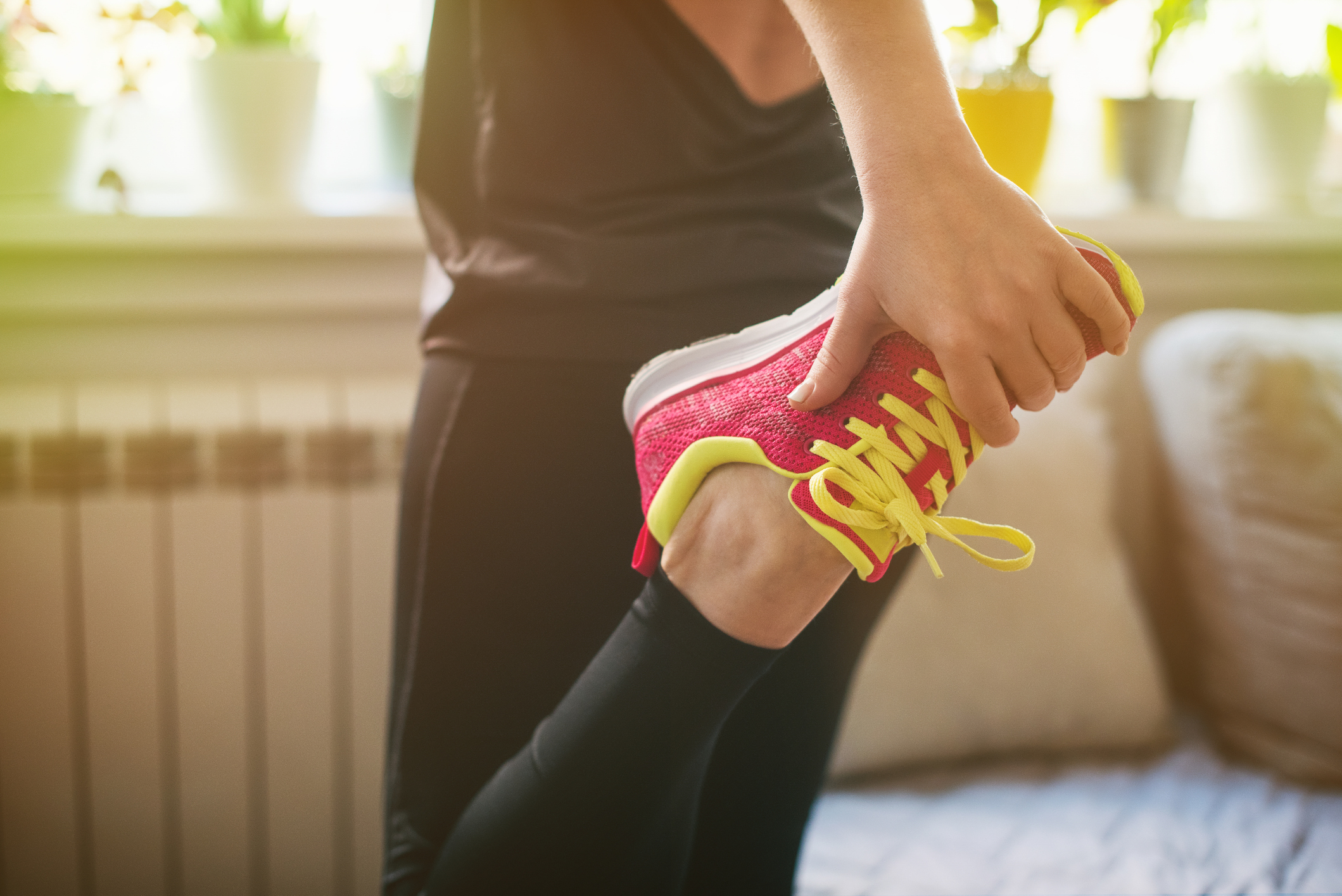Some people go the gym with Olympian regularity. Not the rain, nor the snow, not the sniffles, nor a terrible night’s sleep could stop them. Yes, research shows that regularly maintaining a habit is indeed fundamental to one’s long-term goals. But if you’re sleep deprived, your workout will be nowhere near as effective as if you got sufficient shuteye.
And yet, according to the National Sleep Foundation’s “Sleep in America 2018” poll, 35 percent of Americans choose fitness and nutrition as a personal priority, while only 10 percent choose sleep.
Here’s why those people are missing the mark: sleep is so critical to sustaining “personal strength, endurance, and mental agility,” even the U.S. Army places sleep at the top of its three part Performance Triad, alongside exercise and diet. As the Army puts it: “Optimal sleep is critical to mission success.”
Whether you’re pumping iron to stay healthy or tearing it up on the treadmill to lose weight, if you’re chronically sleep-deprived, you’re failing on both fronts. Top athletes already know this — they work with sleep trainers like Cheri D. Mah, M.D., a clinical and translational research fellow at the University of California San Francisco’s Human Performance Center, to improve their quality of shuteye, which in turn boosts their performance.
“Muscle repair and regeneration occurs during deep sleep, which is also the time when we have the biggest pulse in growth hormone, particularly during the first few hours of the night,” Mah tells Thrive. She has conducted multiple studies showing the performance gains athletes make with sleep extensions (10 hours of sleep per night). Basketball players, in one of her studies, saw improved shooting accuracy, faster sprint times, increased vigor, decreased fatigue, and an overall sense of well-being.
On the flip side, sleep loss negatively impacts weight training, reaction time, and physical performance measures. “Insufficient sleep can lead to increased fatigue levels, decreased testosterone levels, increased inflammation, and impact hormones important for regulating your appetite,” Mah says. “For athletes, insufficient sleep has been associated with higher risk for injury.”
Research also shows that sleep deprivation results in impaired cognitive function (potentially increasing the odds of misjudgements and injuries, as Mah points out), and a depressed immune system (ie. greater susceptibility to illness — and less gym time!)
Every cell in the body is connected to our circadian rhythm (aka. our sleep/wake cycle), so when that rhythm is disrupted by chronic sleep deprivation it impairs or interferes with the proper regulation of the stress hormone cortisol, our metabolism (increasing our risk of weight gain and obesity), blood sugar and insulin resistance (hiking up our chances of developing diabetes).
But there’s a virtuous cycle too: exercise has the potential to increase sleep quality, which piles of research show maximizes the rewards of our efforts at the gym.
To optimize your performance, try following the three-pronged approach to sleep hygiene developed by Charles A. Czeisler, Ph.D., M.D., the Baldino Professor of Sleep Medicine at Harvard Medical School:
1.Get enough sleep (7 hours or more)
2. Stick to a regular sleep schedule (go to bed and wake at the same time everyday)
3. Make sure your sleep is high quality (create rituals and environments conducive to uninterrupted shuteye).
Shelly Ibach, the CEO of Sleep Number and Thrive Global’s Sleep Editor-at-Large, adds that we ought to steer clear of rigorous workouts right before bed, noting that data* collected by Sleep Number’s SleepIQ suggests that sleepers who exercise daily in the morning or afternoons experience the most restful sleep. “Our research shows that even exercising just once a week significantly increases quality sleep,” Ibach says.
“Healthy sleep provides the foundation for proper cognitive, physiologic, and physical recovery at night to help us be our best during the day,” Mah emphasizes.
Both regular exercise and healthy sleep are essential to a healthy life. “Creatively rearrange your day or week to try to prioritize both,” Czeisler stresses. Doing so will result in reaping greater rewards from your workouts.
For a step-by-step blueprint on how to improve your daytime routine to ensure quality sleep, check out the free, 30-day Sleep30® Challenge by Sleep Number.
*Based on SleepIQ® data from 1/1/19 to 1/31/19 and self-reported survey data (from a Sleep Number study) among SleepIQ® sleepers.
This article was produced by Thrive Global and sponsored by Sleep Number.
Thrive Global and Sleep Number believe quality sleep is essential for optimal health and performance. Visit sleepnumber.com to find the best sleep solution for you and wake up to your greater purpose.


